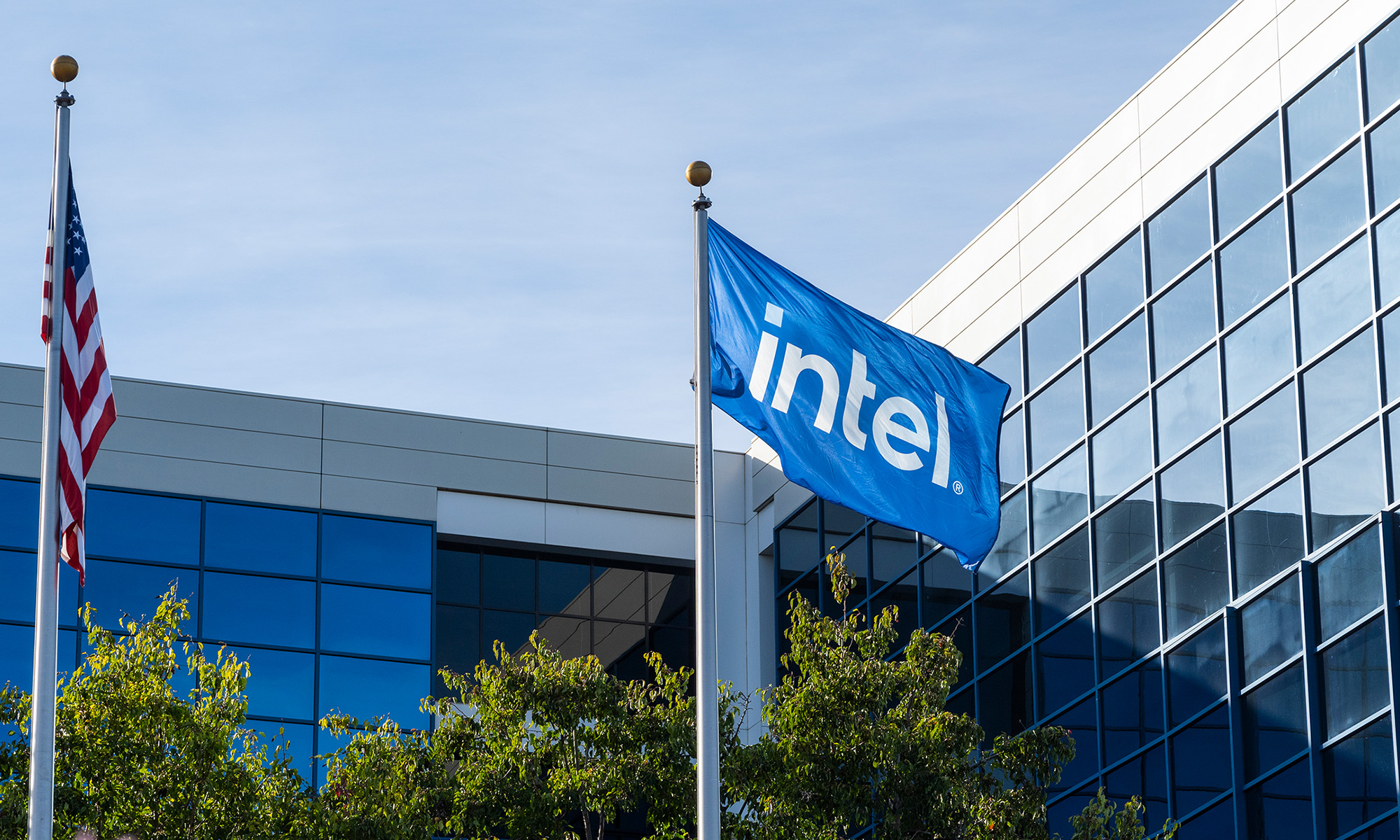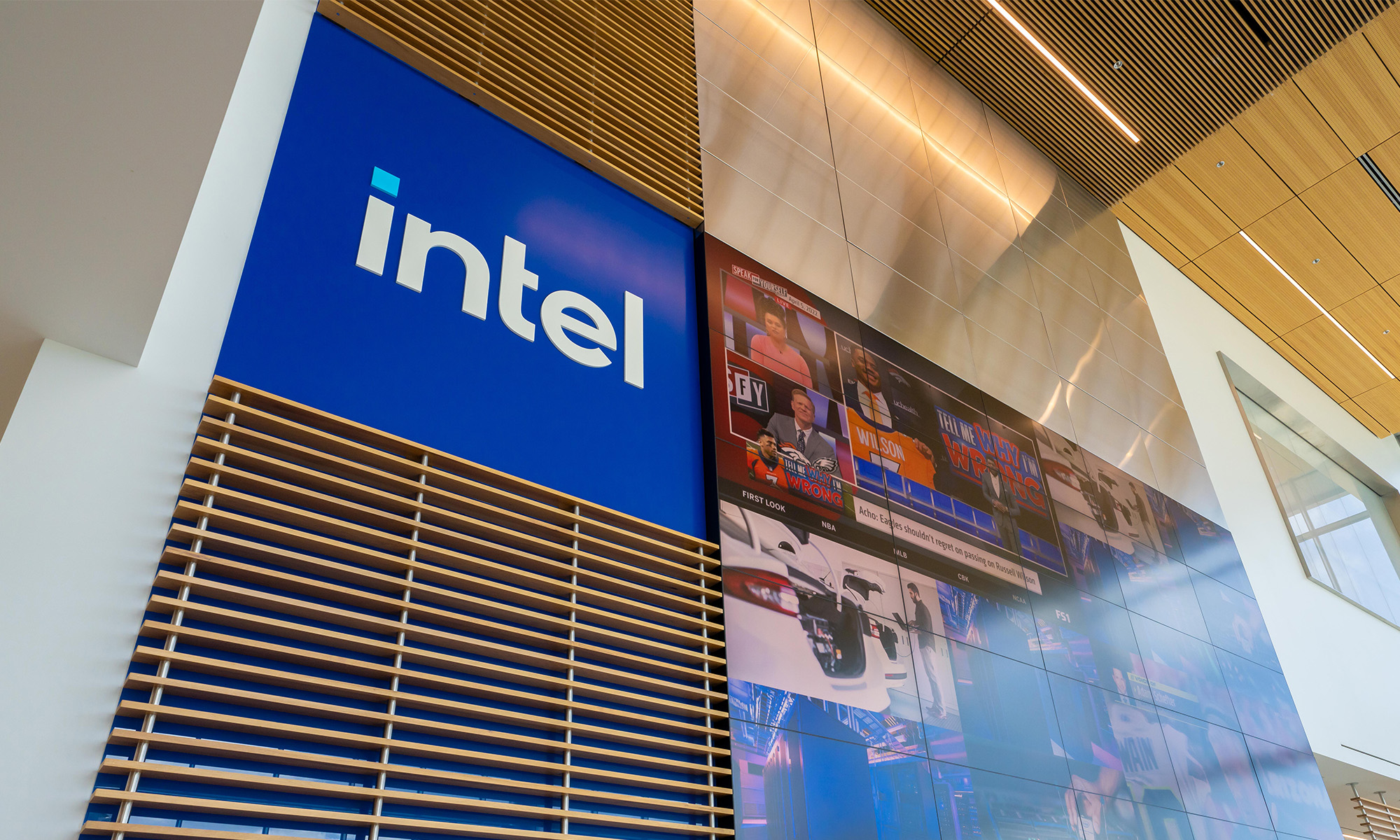Over in Seeking Alpha, author Motek Moyen argues that Intel's (INTC 2.34%) upcoming low-cost processor family code-named "Apollo Lake" has the potential to "spoil" the debut of Advanced Micro Devices' (AMD +1.79%) "Zen" processor family in the late 2016 timeframe.
In this article, I'd like to explain why Apollo Lake will likely have a minimal impact on AMD.
What is Apollo Lake, again?
For those of you unfamiliar with Intel's product code-names, Apollo Lake is Intel's next generation 14-nanometer system-on-chip aimed at relatively low cost PCs and Internet of Things applications. The various Apollo Lake derivatives are expected to feature Intel's next generation Atom CPU core code-named Goldmont as well as a low-power derivative of the Gen. 9 graphics processor that debuted in the company's Skylake processor family earlier this year.
It should represent a very nice improvement in both CPU and graphics performance relative to the company's prior generation "Braswell" processor family.
Here's why it won't impact AMD
AMD used to have a very large presence in the market for low-cost, low-power x86-compatible processors aimed at budget notebooks and desktops. Indeed, for quite a while, AMD had solutions that offered performance at a cost that Intel found very difficult to match with cut-down versions of its higher-end "Core" processor family.
Although Intel technically "competed" with these AMD processors with Atom-based chips, the fact of the matter is that Intel's initial Atom chips were rather slow and generally uncompetitive with AMD's solutions.
However, in 2013 this changed. Intel released a completely revised variants of its Atom processor family aimed squarely at low-cost notebooks and desktops (known as Bay Trail-M and Bay Trail-D, respectively). These processors were quite competitive in terms of performance, power consumption, integration and ultimately cost, allowing Intel to capture substantial market segment share in the low end of the PC market from AMD.
Indeed, at its most recent financial analyst day, AMD made clear to investors that it would no longer be developing two separate processor families (one for high performance, one for low power) and that it planned to try to scale its upcoming high-performance Zen architecture down into lower power/lower cost segments.
To be quite frank, given that AMD has been talking up Zen as an architecture designed to try to win back share in the server room, it's difficult to imagine that AMD plans to seriously compete in the low-end of the PC market going forward.
Intel has more or less taken this market from AMD, and the arrival of Apollo Lake probably isn't going to fundamentally change the competitive dynamics between Intel and AMD.
Here's what AMD actually has to deal with in late 2016
The first Zen-based processors from AMD are expected to launch in the fourth quarter of 2016. Apollo Lake will not be in the same league as the upcoming Zen-based chips (it wasn't meant to be), but AMD will need to contend with a number of new offerings from Intel that could make life challenging.
In high-end desktops, which is where AMD's first Zen based products are expected to play, Intel is expected to launch Broadwell-E in the second quarter of 2016 -- beating the Zen-based chips to market by about two quarters. These chips are expected to come in models sporting 6, 8, and 10 processor cores.
In contrast, the upcoming Zen-based high-end desktop chips are expected to sport up to eight cores.
The Broadwell-E processors should also have a number of other advantages beyond a greater core count, such as more PCI Express lanes (Broadwell-E should pack up to 40; the high-end desktop Zen chips just 16) and quad channel memory (as opposed to dual channel for the Zen part).
Additionally, in the fourth quarter of 2016, Intel is also expected to release its mainstream desktop chip family known as Kaby Lake. It isn't yet publicly known what kinds of performance enhancements (particularly in the CPU) Kaby Lake will bring, but leaked slides suggest that CPU core performance improves further from Skylake, making it even more difficult for AMD to "catch up" to Intel as some AMD bulls expect and/or hope.







